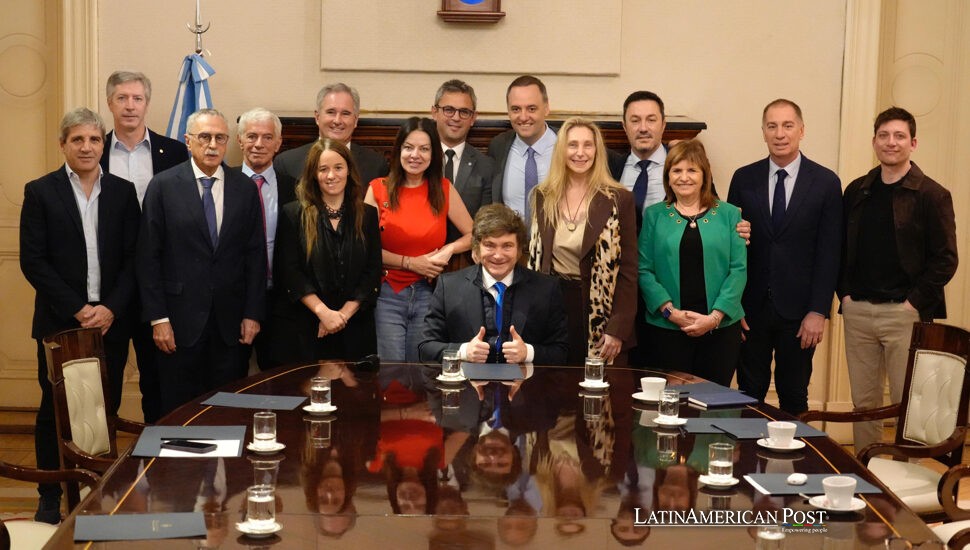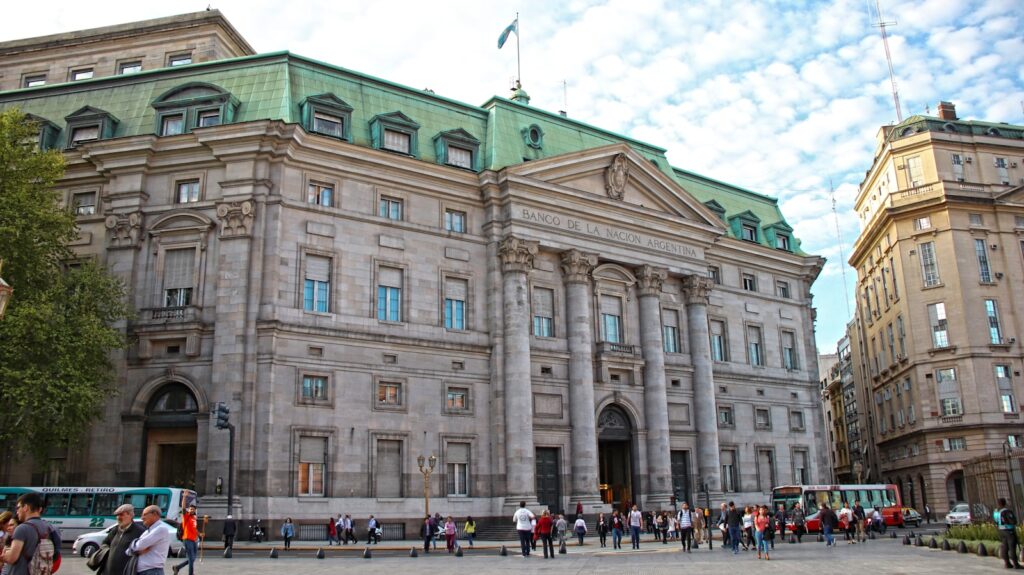Argentina’s Painful Reforms Are Paying Off — and Latin American Voters Are Taking Notice

Argentina’s Second Half Begins With a Mandate
Argentina’s midterms were supposed to punish austerity. Instead, they rewarded it. Against every political instinct in the region, Javier Milei turned budget cuts into ballots. His coalition crossed the lower-house threshold that effectively grants him veto power, the kind of leverage reformers usually lose midway through a term.
The timing could not have been more improbable. Inflation had chewed through salaries, subsidies were trimmed to the bone, and the government stopped printing pesos like confetti. Yet the results showed something rarer than populist euphoria: voters betting on consistency over comfort.
In less than two years, Milei’s team shifted Argentina’s books from fiscal red to primary surplus. Prices, while still brutal, have begun to cool; output is stabilizing. It’s too early for celebration—real wages remain thin, and patience is finite—but the political math has flipped. Voters didn’t endorse pain; they endorsed a plan. When the public can see that sacrifice yields stability instead of chaos, discipline becomes currency, not punishment.
Argentina’s result feels less like an anomaly than a signal. It says Latin America’s voters, often caricatured as volatile, are pragmatic when reform delivers proof instead of promises.
The Ripple Across the Andes and Beyond
That message is already traveling. Across the Andes, Bolivia’s electorate just ended two decades of left-wing dominance, handing power to a center-right government that campaigned on deregulation and fiscal restraint. In Chile, a pro-market candidate has vaulted to the top of polls by arguing that a nation cannot fund social rights without first restoring growth.
Elsewhere, the debate is less about ideology than credibility. Colombia faces a confidence crisis; the fiscal anchor that once kept investors calm has frayed. Whoever succeeds will have to rebuild trust before promising anything else. Brazil’s opposition senses the same opening: a center-right technocrat preaching macro stability and infrastructure efficiency now polls neck-and-neck with the incumbents. Even Mexico, long branded as left of center, is tiptoeing toward technocracy. The new president speaks more about energy pragmatism and institutional coordination than populist crusades.
Everywhere, the currency of politics is the same—proof of competence. The reformers who survive aren’t those who moralize about austerity; they’re the ones who frame discipline as a bridge to prosperity, not a sermon about virtue. Milei’s victory underlines the difference. His voters didn’t ask to suffer longer; they asked to suffer with a purpose.

Capital, the Dollar, and Washington’s Balancing Act
Markets heard the signal before the pundits did. A softer U.S. dollar and falling global rates have already nudged investors toward Latin American assets, and the region’s improved external accounts sweeten the math. When politics reduces uncertainty, risk premia melt faster than ice in the tropics.
Argentina’s credibility bounce has rippled through bond desks from New York to São Paulo. The logic is straightforward: rulebooks lower discount rates. Discipline—once shorthand for stagnation—now looks like growth insurance.
Washington has noticed, too. For the first time in years, U.S. officials are treating regional stability as a strategic asset. Currency-swap lines, targeted aid for fiscal anchors, and debt-management packages are re-emerging as carrots. The sticks haven’t disappeared—tariffs on Brazil, aid cuts to Colombia, military maneuvers near Venezuela—but the broader tone is transactional. Align your macro policy with predictability, Washington signals, and doors to capital and cooperation reopen.
Private investors are already front-running the shift. Infrastructure funds once allergic to political risk are testing waters again in Argentina and Peru. The new metric is not ideology; it’s rule-of-law speed—how quickly a signed contract turns into a functioning project. The countries that master that conversion will own the next decade of Latin American investment.
From Mandate to Market Repricing—and How to Keep It
A regional repricing is under way: firmer currencies, narrower bond spreads, rising equity valuations. But sustaining the momentum requires more than spreadsheets and slogans. Three lessons stand out.
First, pair discipline with dignity. Social cushions aren’t luxuries; they’re stabilizers. Targeted transfers, food security, and short-term protections buy reformers the time they need for results to show. If hardship feels endless, voters revolt; if it feels temporary and transparent, they hold the line.
Second, fix the plumbing. The reforms that multiply—tax simplification that broadens the base, labor modernization that grows formal jobs, energy frameworks that attract private capital, faster courts that enforce contracts—don’t make headlines, but they turn credibility into construction cranes. Confidence means nothing until it funds cement.
Third, keep politics boring. Investors crave predictability more than ideology. Embedding fiscal rules into law, strengthening independent central banks, and devolving some execution to provinces or municipalities can transform charisma into continuity. Argentina’s challenge now is institutionalizing what Milei personified. The window will not stay open forever.
Latin America has often been told that markets and democracy pull in opposite directions—that responsible economics and electoral survival can’t coexist. The current cycle is proving the opposite. When voters see inflation falling, deficits shrinking, and a path back to real growth, they reward the adults in the room.
The stakes go well beyond market tickers. A region that marries growth with rule-bound politics can resist external shocks, slow migration surges, and bargain with global powers on its own terms. Milei’s midterm victory didn’t guarantee that future, but it cracked open the possibility. It showed that honesty about pain, paired with competence in execution, still earns trust.
That may be the most radical idea in Latin America today: tell voters the truth, deliver measurable results, and they might just hand you more time to finish the job.
Also Read: Milei’s Math: How Argentina’s New Majority Redraws the Political Map





